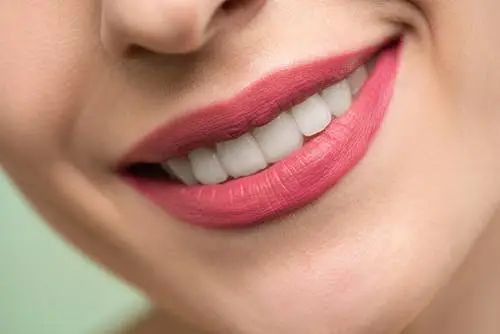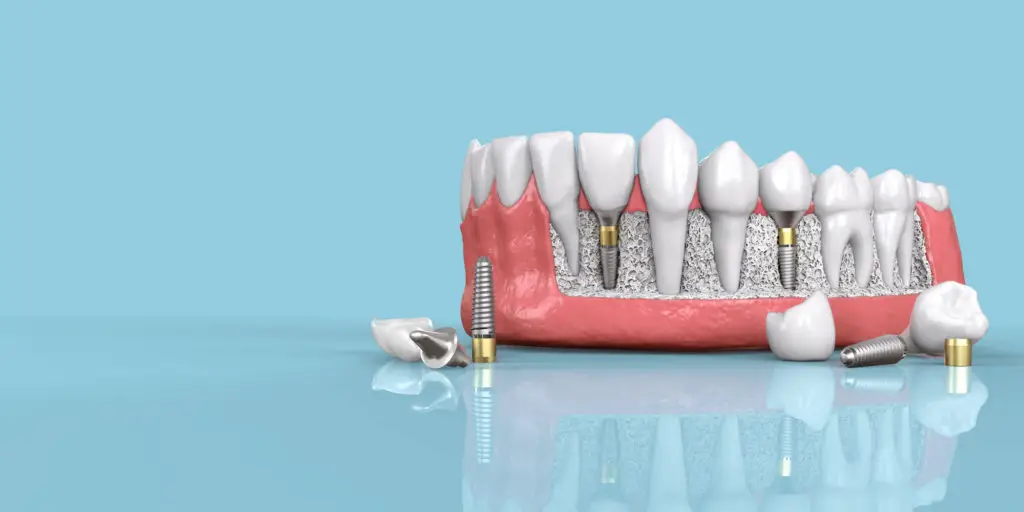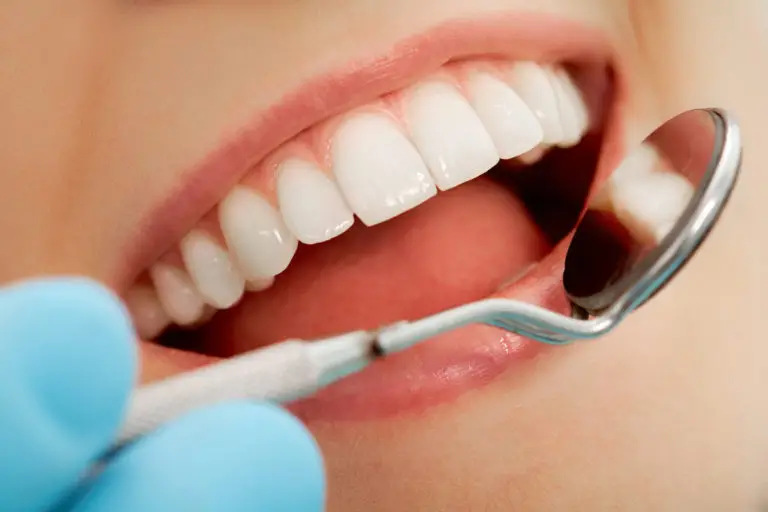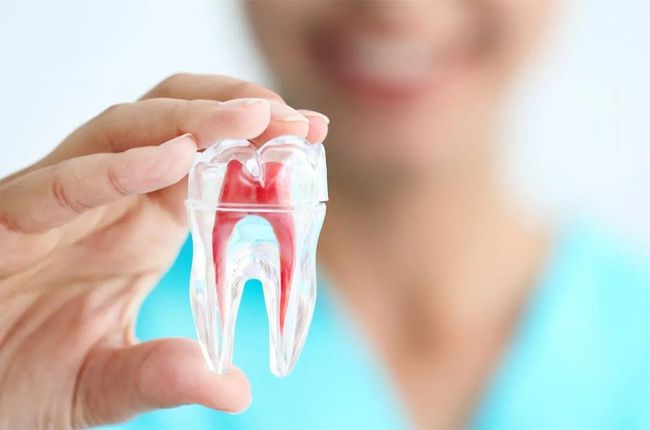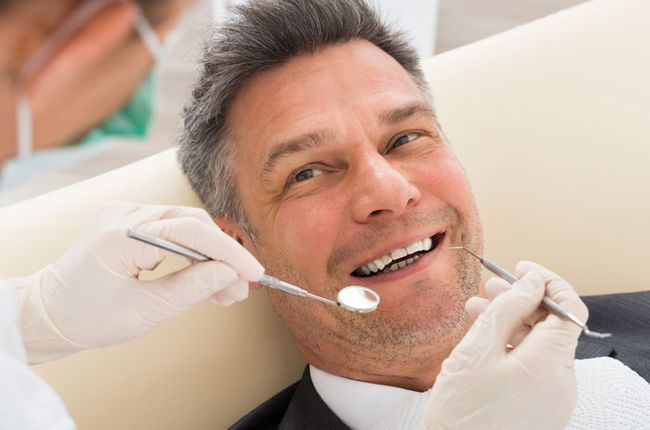Here Are Six Foods That Are Bad For Your Teeth
Are you tired of hearing the same old dental advice? Brush twice a day, floss daily, and visit your dentist regularly. While these are essential for maintaining good oral health, there's one aspect that often gets overlooked – our diet. Yes, what we eat can have a significant impact on the health of our teeth. Surprised? Well, get ready to learn about six foods that may be wreaking havoc on your pearly whites. From sneaky sweets to sticky snacks, acidic indulgences to hard munchies – we're exposing the culprits behind tooth decay and damage.
Sweets
Ah, sweets – the ultimate temptation that can bring a smile to our faces but leave our teeth feeling less than thrilled. From sugary candies to decadent chocolates, these treats are beloved by many. However, indulging in excessive amounts of sweets can spell trouble for your dental health. When we consume foods high in sugar content, harmful bacteria in our mouths feast on those sugars and produce acid as a byproduct. This acid attacks the enamel, the protective outer layer of our teeth, leading to tooth decay over time.
But it's not just the obvious culprits like candy bars and lollipops that you need to watch out for. Sweets can also hide in seemingly innocent places like flavored yogurts or fruit juices with added sugars. Even dried fruits, while packed with nutrients, contain naturally occurring sugars that can contribute to tooth decay if consumed excessively.
Sticky Foods
Sticky foods can be a really sticky situation when it comes to your dental health. These types of foods tend to cling to the surface of your teeth, creating the perfect breeding ground for bacteria and plaque. And let's face it; nobody wants that!
One culprit in this category is caramel. Whether it's in candy form or as a topping on desserts, caramel has a knack for getting stuck between our teeth and causing havoc. Another common offender is dried fruit like raisins or prunes. While they may seem innocent enough, these chewy treats have a tendency to stick around long after we've finished eating them. But let's not forget about good old-fashioned taffy! This sugary confection may be deliciously chewy, but it can wreak havoc on our pearly whites. The sticky consistency makes it difficult for saliva to wash away any residue left behind.
Acidic Foods
When it comes to our dental health, what we eat plays a major role. Acidic foods are particularly harmful to our teeth because they can erode the enamel, the protective layer that shields our teeth from damage. Foods with high acidity levels include citrus fruits like lemons and oranges, as well as tomatoes and certain types of vinegar. These acidic foods can soften the enamel over time, making it more susceptible to decay and cavities.
It's important to note that consuming acidic foods in moderation is not necessarily detrimental to your oral health. However, excessive consumption or prolonged exposure can increase the risk of erosion. In order to minimize the impact of acidic foods on your teeth, it's advisable to rinse your mouth with water immediately after eating them. This helps neutralize some of the acids and wash away any residue left behind.
Hard Foods
When it comes to our teeth, we often think about the damage caused by sugary treats or acidic foods. But did you know that hard foods can also wreak havoc on your pearly whites? It's true! While they may seem harmless, biting into hard foods can actually lead to tooth fractures and even cracked enamel. Hard candies are a prime example of a food that can cause dental problems. These sweet treats may be tempting, but they put immense pressure on your teeth when you bite down. The force exerted by chewing hard candies can result in chips or cracks in your teeth.
Nuts and popcorn kernels are other culprits when it comes to hard foods. Chomping down on these crunchy snacks puts stress on your teeth, increasing the risk of cracks or fractures. And let's not forget about ice – while technically not a food, many people love crunching on ice cubes as a refreshing habit. Unfortunately, this seemingly harmless activity can lead to serious dental issues over time.
Tobacco Products
Tobacco products have long been known to be harmful to our overall health, but they can also wreak havoc on our teeth. Smoking cigarettes or using other tobacco products not only stains the teeth and gives us bad breath, but it can also lead to more serious dental issues. The chemicals in tobacco products can damage the gums, causing them to recede and exposing the roots of our teeth. This can make our teeth more sensitive and prone to decay. Additionally, smoking weakens the immune system, making it harder for our bodies to fight off infections in the mouth.
Chewing tobacco is no better for your oral health. It increases the risk of gum disease and oral cancer. The constant irritation from chewing tobacco against the gums also contributes to tooth loss over time. Quitting smoking or using other tobacco products is essential for maintaining good oral health. Not only will you reduce your risk of developing gum disease and oral cancer, but you'll also improve your overall well-being.
Carbonated Beverages
Carbonated beverages are a popular choice for many people, whether it's soda, sparkling water, or fizzy drinks. However, these bubbly beverages can have some negative effects on our dental health. One of the main concerns with carbonated beverages is their high sugar content. Many sodas and other sweetened drinks contain an alarming amount of hidden sugars that can wreak havoc on our teeth. When we consume these sugary drinks, bacteria in our mouths feed on the sugars and produce acids that attack tooth enamel.
Additionally, carbonation itself can be harmful to our teeth. The bubbles in carbonated drinks are created by adding carbon dioxide gas under pressure. This process produces carbonic acid, which can erode tooth enamel over time. Furthermore, most carbonated beverages are highly acidic due to added citric acid or phosphoric acid. These acids contribute to enamel erosion and increase the risk of cavities.
To learn more, give our office a call at (702) 331-2121 to schedule your next one! We can't wait to see your smile soon and help you enjoy the benefits of visiting the dentist regularly this year!
Office Hours
MON10:00 am - 6:30 pm
TUE8:00 am-12:00 pm, 1:00 pm-5:00 pm
WED10:00 am - 6:30 pm
THU8:00 am-12:00 pm, 1:00 pm-5:00 pm
FRI8:00 am - 2:00 pm
SAT - SUNClosed

